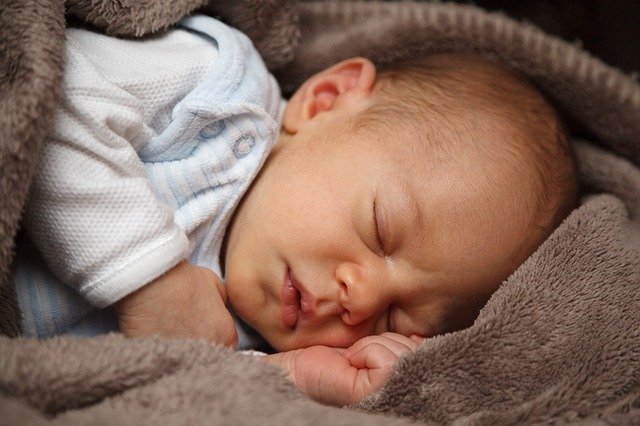 Sweet, deep, nourishing sleep
Sweet, deep, nourishing sleep
Eating Disorders and Sleep Deprivation
Sleep deprivation is often an aspect of an eating disorder. You don't want to lose consciousness. You don't want that vulnerable feeling of going into a dim twilight state that takes you into dark sleep. It feels too much like the beginning of an anxious or terror experience.
So you delay going to bed. You watch TV or DVD and fall asleep on the couch. The sounds of the player, the voices especially, continue to fill the room.
They soothe you so you don't feel alone. They help you hold back your anxiety so you can fall asleep. Your bed seems miles away. It's much too arduous a walk to get there.
Perhaps, in the middle of the night, in a sleepy and barely conscious state, you'll make the walk to your bed. You are so exhausted and in such an altered state that your anxiety is squelched. You can collapse in your bed, maybe under the covers. Maybe you take off your clothes, but you may sleep in them.
And you don't have the energy to brush your teeth first.
This attempt to soothe yourself from your anxieties seems to work in the short run. You do eventually sleep, but not enough, and you feel pretty ragged in the morning.
Benefits of Adequate Sleep
At the Huffington Post today Ariana Huffington has an excellent article, "Sleep Challenge 2010: How Sleep Is Like Steroids...Without the 'Roid Rage'." She writes about the energy benefits of sleep and the delights of being rested. I recommend this article to people with eating disorders.
What This Means to You
If you are sleep-deprived, you are more vulnerable to your anxieties and fears. Your mind doesn't function as clearly as it could. Your perceptions can become distorted. Now, all these symptoms of sleep deprivation are also symptoms of people who have eating disorders.
When you put sleep deprivation into a system that is already severely challenged and requires an eating disorder to function, you magnify the problems and intensify your suffering. You also create a barrier between you and your recovery. You simply won't see helpful and healing opportunities because you are exhausted.
A real danger here is that the feeling of sleep deprivation can be so omnipresent that you think this is your normal state. It's not. Give yourself a few weeks of getting as much sleep as your body wants. And then move into a regular eight hour sleep routine.
Your body will thank you, and you might be very surprised at how much stronger and capable you will feel. Adequate rest nourishes your body, and it's an essential part of your eating disorder recovery.
Please share your thoughts in the comment section below.
Written by Joanna Poppink, MFT. Joanna is a psychotherapist in private practice specializing in eating disorder recovery, stress, PTSD, and adult development.
She is licensed in CA, AZ, OR, FL, and UT. Author of the Book: Healing Your Hungry Heart: Recovering from Your Eating Disorder
Appointments are virtual.
For a free telephone consultation, e-mail her at


Add comment